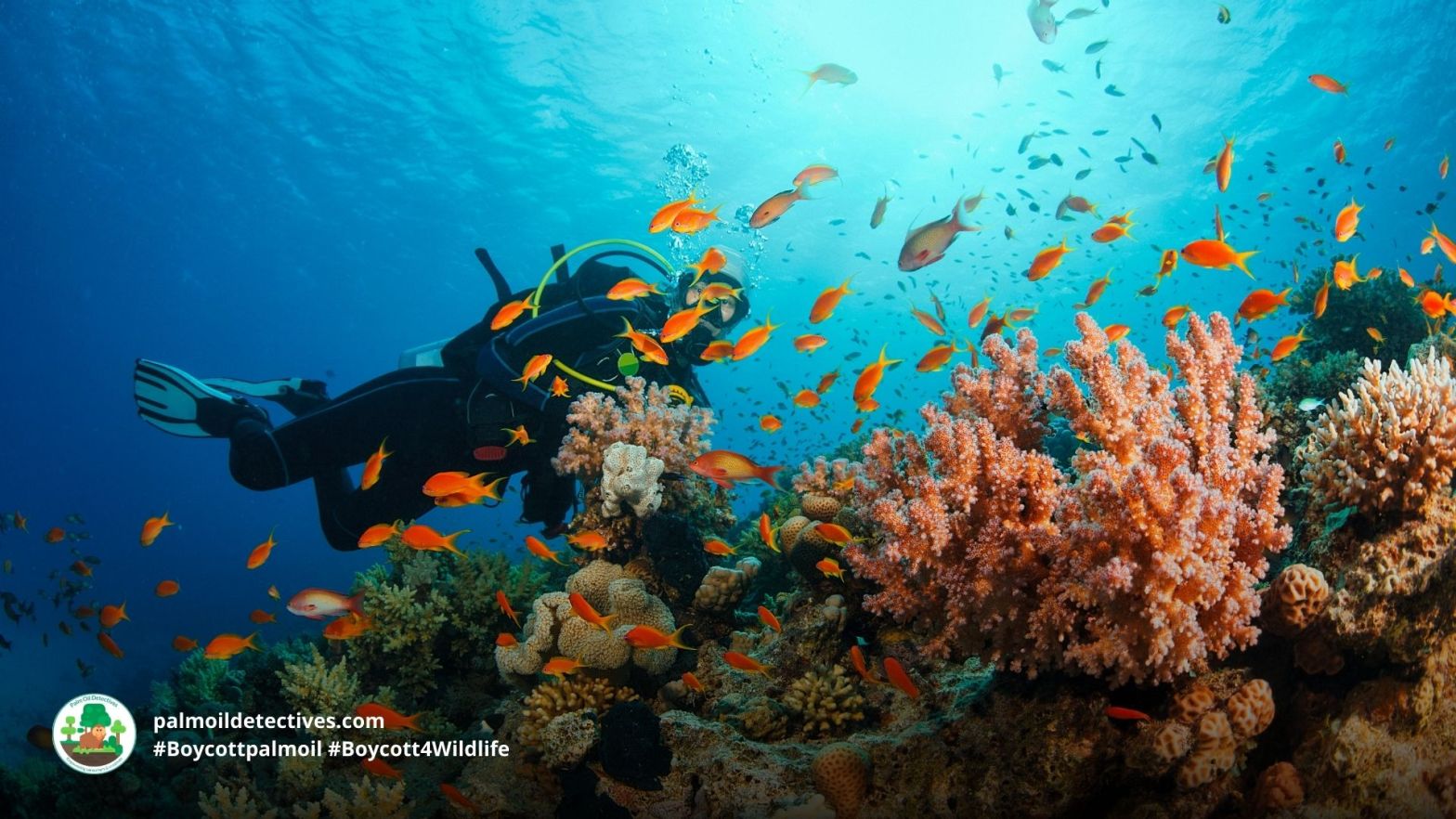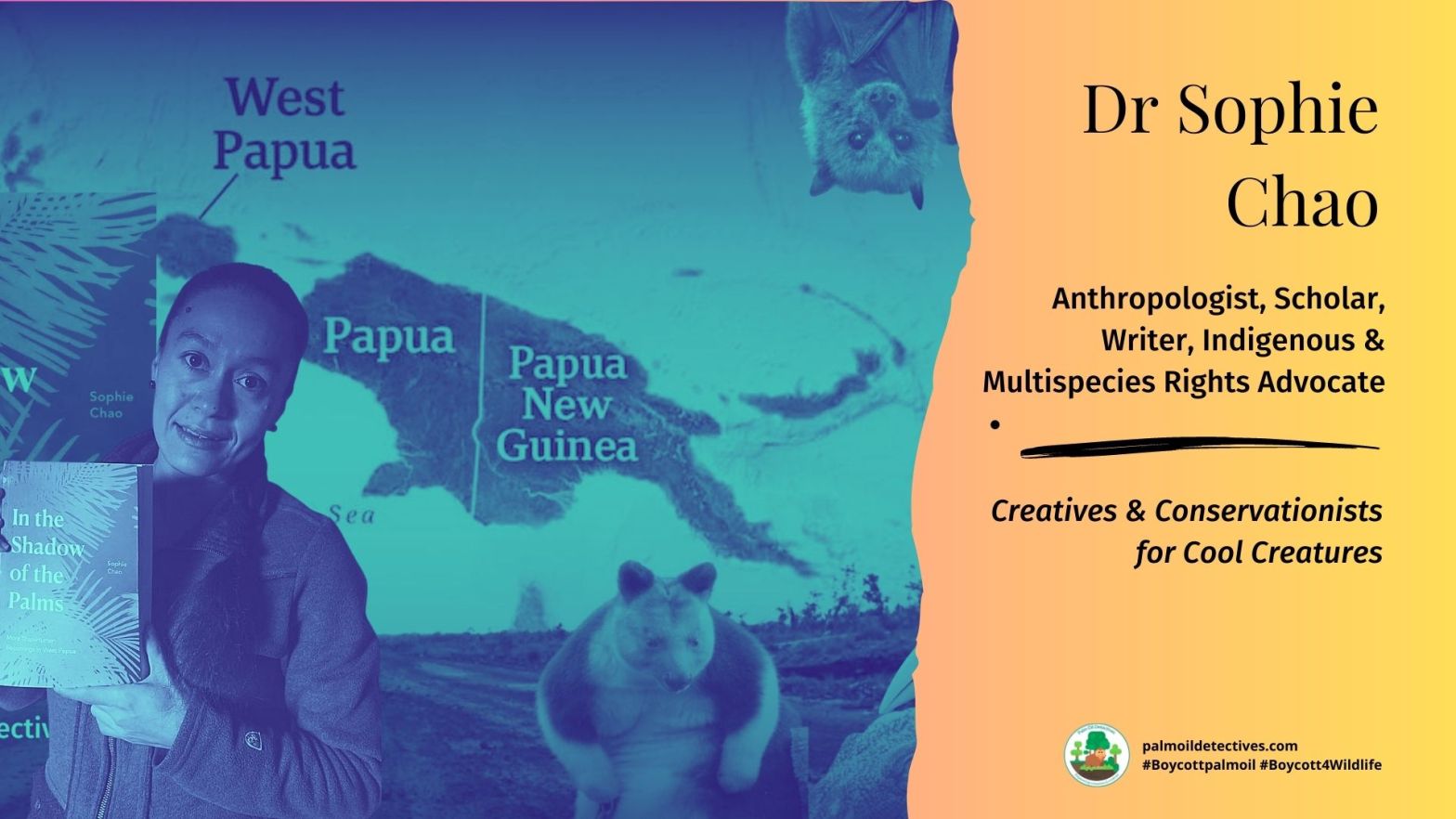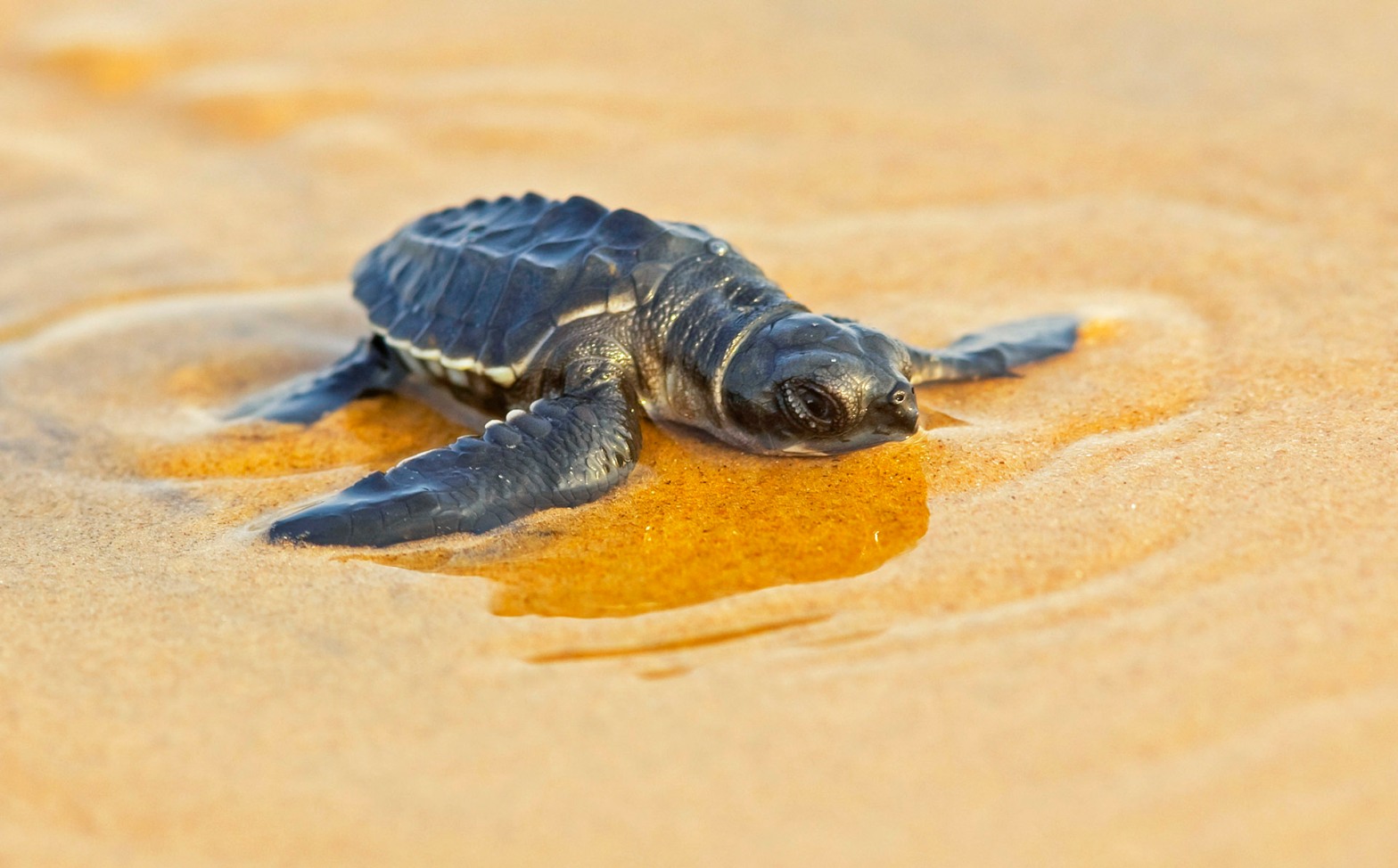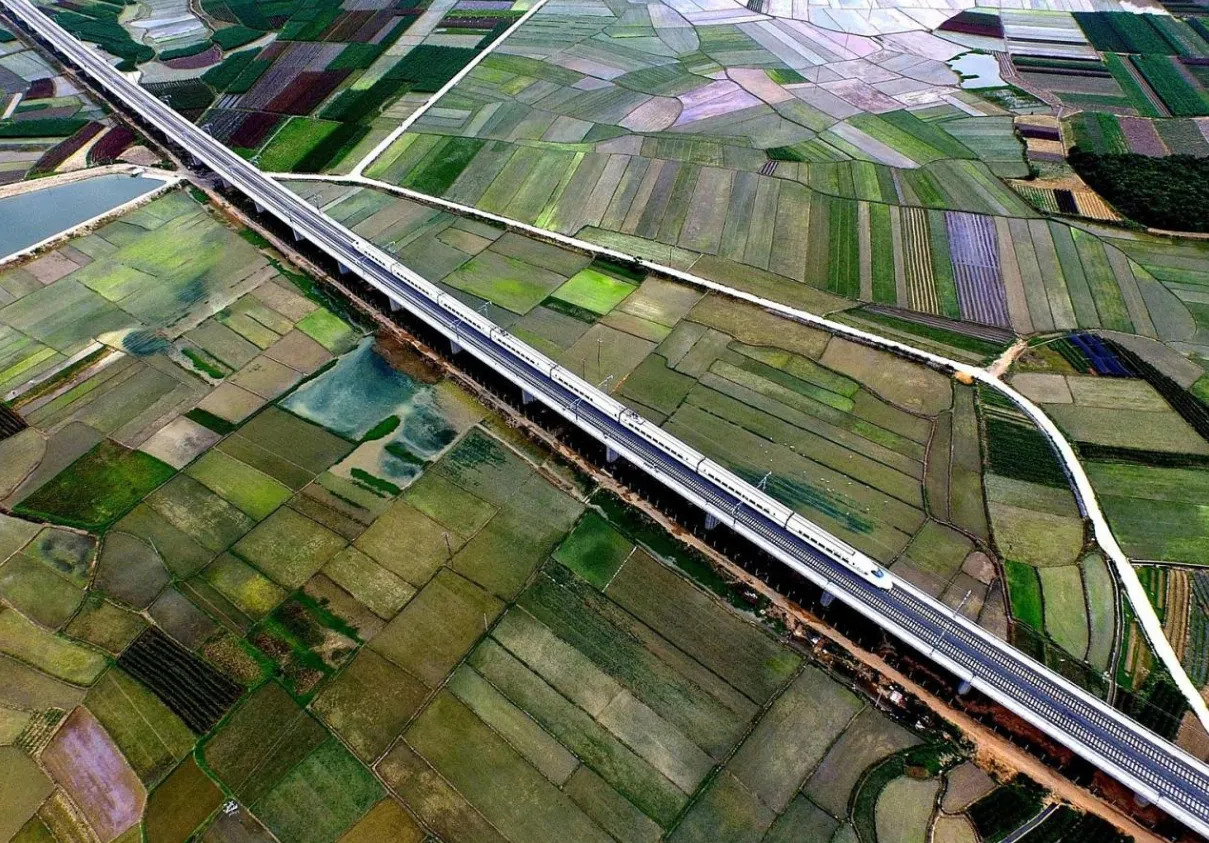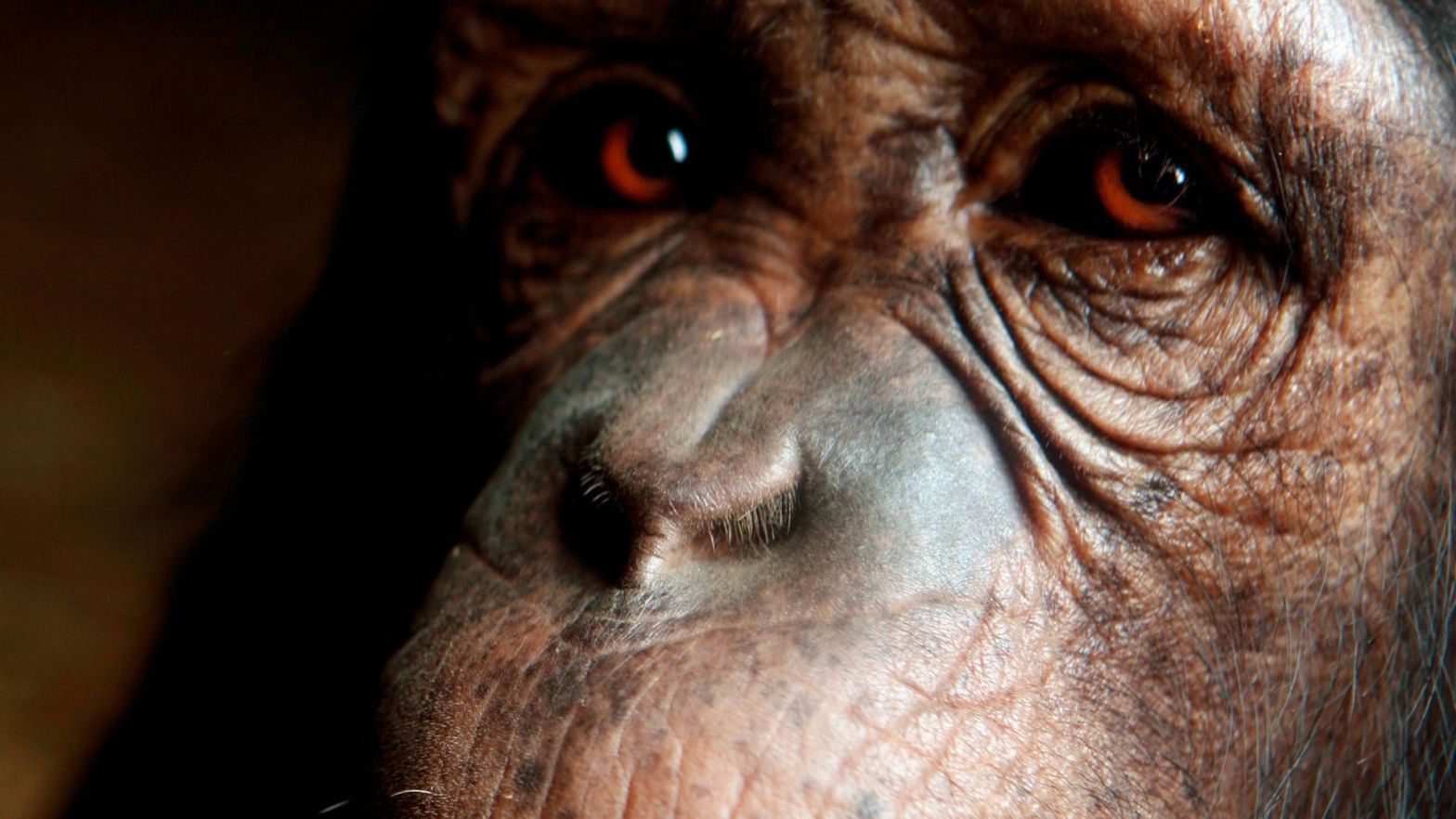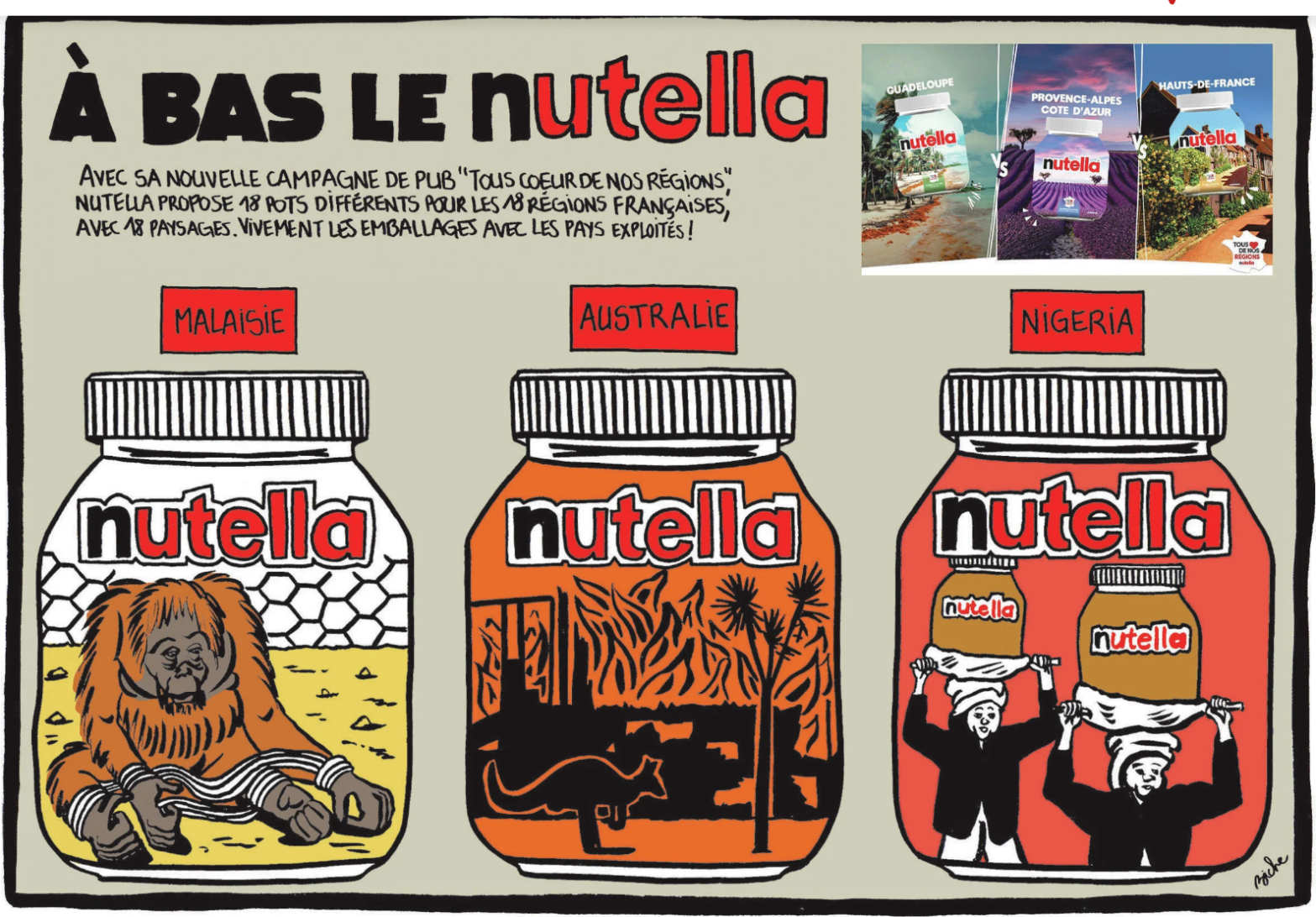Researchers travel into the remote wilderness to study the world’s most endangered crocodilian, the placid, cryptic and little-known Siamese crocodile. Help their survival in the supermarket and be vegan, boycott crocodile leather and #Boycott4Wildlife
Tag Archives: conservation
Do humans really need other species?
Do humans really need other species? Yes! millions of organisms are needed to keep ecosystems in balance and ensure everyone can survive. Most importantly, #research shows other species make us happy! Research shows that people are healthier and more content when they are around other species of plants and animals. They need to experience the sights, sounds, smells, feel and taste of other organisms for mental and physical health. This drive is called “biophilia,” meaning love of living things. #Boycott4Wildlife
Mel Lumby: The beautiful begonias of Borneo and beyond deserve our love and protection
Begonias, along with orangutans and many other rainforest inhabitants are in danger now. Will these precious jewels of the jungle be located by scientists, described, eventually named and shared, so that people can love and marvel at their incredible beauty? Or will the bulldozer get there first, destroying where they live, making way to plant oil palm plantations for cheap palm oil? Retired horticulturalist and animal advocate Mel Lumby will keep fighting for as long as she lives.
Anthropologist and author of ‘In the Shadow of the Palms’ Dr Sophie Chao: In Her Own Words
Dr Sophie Chao is an environmental anthropologist and environmental humanities scholar interested in the intersections of capitalism, ecology, Indigeneity, health, and justice in the Pacific.
Palm Oil Detectives is honoured to interview to Dr Sophie Chao about her research into the impacts of palm oil on the daily lives of Marind people and other sentient beings in West Papua.
I wrote In the Shadow of the Palms because I wanted the world to understand how deforestation and industrial oil palm expansion are undermining Indigenous ways of being in West Papua.
Indigenous and local communities key to successful nature conservation
Indigenous and local communities are key to successful nature conservation and for protecting animals from extinction. Story via Eureka Alert and the University of East Anglia. Indigenous Peoples and local communities provide the best long-term outcomes for conservation, according to new research from the University of East Anglia (UEA) and partners in France. Lead author,Continue reading “Indigenous and local communities key to successful nature conservation”
How do we protect the rapidly disappearing Javan Rhino?
With only 74 individuals left, the remarkable and beautiful Javan Rhino is on the brink of extinction and can be found on one of the most densely populated islands in the world – Java. Boycotting palm oil is how you can help them. Sunarto, Universitas Indonesia The Javan rhino was once found throughout many partsContinue reading “How do we protect the rapidly disappearing Javan Rhino?”
Ecocide: why establishing a new international crime would be a step towards interspecies justice
A movement of activists and legal scholars is seeking to make “ecocide” an international crime within the jurisdiction of the International Criminal Court (ICC). The Stop Ecocide Foundation has put together a prestigious international panel of experts that has just proposed a new definition of the term. Heather Alberro, Nottingham Trent University and Luigi Daniele,Continue reading “Ecocide: why establishing a new international crime would be a step towards interspecies justice”
A fascinating history of warrior turtles: from ancient myths, warships and teenage mutants
Ask anyone the identity of the world’s most famed turtles, and the answer is likely to be those legendary heroes in a half-shell, the Teenage Mutant Ninjas. Since first appearing in comic book form in 1984, the pizza-eating, nunchuk-wielding characters have shown the world the tougher side of turtles. Louise Pryke, University of Sydney PartContinue reading “A fascinating history of warrior turtles: from ancient myths, warships and teenage mutants”
More protein and good for the planet: 9 reasons we should be eating microalgae
Martina Doblin, University of Technology Sydney; Donna Sutherland, University of Technology Sydney, and Peter Ralph, University of Technology Sydney As the climate warms and deforestation continues at pace, the land we use for growing energy-intensive crops such as wheat corn, soy palm oil is becoming less productive. We need to find ways to feed theContinue reading “More protein and good for the planet: 9 reasons we should be eating microalgae”
Almost 90% of the world’s animal species will lose some habitat to agriculture by 2050
David Williams, University of Leeds and Michael Clark, University of Oxford Scientists know that biodiversity is declining across much of the world although less universally and dramatically than we feared. We also know that things are likely to get worse in the future, with a combination of habitat loss, climate change and overexploitation set toContinue reading “Almost 90% of the world’s animal species will lose some habitat to agriculture by 2050”
Do chimpanzees and orangutans really have midlife crises?
Knowing that chimpanzees and orangutans have personalities, feel emotions and are “almost human” comes as no surprise to most people. However, linking the term “midlife crisis” to chimpanzees and orangutans seems to be somewhat shocking and controversial as we’ve seen from the flurry of interest produced by a paper published this week.
Boycotts are a crucial weapon to fight environment-harming firms
Bill Laurance, James Cook University Campaigns and boycotts get the attention of large corporations, because they hit them where it hurts: their reputation and market share. In October 2000, I was driving through downtown Boise, Idaho, and nearly careered off the road. Just in front of me was a giant inflatable Godzilla-like dinosaur, well overContinue reading “Boycotts are a crucial weapon to fight environment-harming firms”
Research: Small room for compromise between oil palm cultivation and primate conservation in Africa
Research by the Joint Research Centre of the European Commission found that although oil palm cultivation represents an important source of income for many tropical countries, its future expansion is a primary threat to tropical forests and biodiversity. In this context, and especially in regions where industrial palm oil production is still emerging, identifying “areasContinue reading “Research: Small room for compromise between oil palm cultivation and primate conservation in Africa”
Contagious yawns show social ties in humans and bonobos
Penny Orbell, The Conversation Most of us have experienced the overwhelming urge to yawn in response to another person yawning – but we’re not the only species to do this. Research published in PeerJ today shows bonobos – our closest evolutionary cousins – also experience “yawn contagion”, and, as in humans, the effect is influencedContinue reading “Contagious yawns show social ties in humans and bonobos”
How forest elephants move depends on water, humans, and also their personality
African forest elephants roam the dense rainforests of West and Central Africa where they subsist largely on a diet of fruit. They shape forests by dispersing fruit and seeds, browsing, and creating an extensive trail network. John Poulsen, Duke University and Christopher Beirne, University of British Columbia But because it’s difficult to track animals inContinue reading “How forest elephants move depends on water, humans, and also their personality”
How do we stop the world’s ecosystems from going into a death spiral? A #SteadyState Economy
What is a Steady State Economy? A Steady State Economy is a mildly fluctuating economy that does not exceed ecological and planetary limits. A Steady State Economy is not an alternative economic ideology that is centred on endless GDP growth. It is neither capitalism nor communism. Economic growth, with all of its downsides, is clearlyContinue reading “How do we stop the world’s ecosystems from going into a death spiral? A #SteadyState Economy”
The Amazonian Royal Flycatcher: A flurry of feathers
September 3rd is Amazon Rainforest Day and The Nature Nook/Palm Oil Detective would like to celebrate. The Amazonian Royal Flycatcher is a member of a family of birds called the tyrant flycatchers, which occur throughout North and South America. This is the biggest family of birds in the world, with more than 400 species. AsContinue reading “The Amazonian Royal Flycatcher: A flurry of feathers”
Zoologist and TV Presenter Dr George McGavin: In His Own Words
Dr George McGavin FLS FRGS Hon. FSB Hon. FRES studied Zoology at Edinburgh University, followed by a PhD in entomology at Imperial College and the Natural History Museum in London. After 25 years as an academic at Oxford University he became an award-winning television presenter. George is an Honorary Research Associate of the Oxford University Museum of Natural History and an Honorary Principal Research Fellow at Imperial College. George is also a Fellow of the Linnean Society and the Royal Geographical Society, an Honorary Fellow of the Royal Society of Biology and an Honorary Life Fellow of the Royal Entomological Society. As well as his many TV documentaries, George has written numerous books on insects and other animals. In 2019 he became the President of the Dorset Wildlife Trust.
Species Extinction: just how bad is it and why should we care?
Euan Ritchie, Deakin University “Dad, the world is missing amazing animals. I wish extinction wasn’t forever”. Despite my wife and I working as biologists, our five-year-old son came to make this statement independently. Euan Ritchie, Deakin University He is highlighting what I and many others consider to be society’s biggest challenge, and arguably failure: theContinue reading “Species Extinction: just how bad is it and why should we care?”
Dayak Indigenous Ethnographer Dr Setia Budhi: In His Own Words
Dr Setia Budhi is a senior lecturer in Anthropology and Sociology at Universitas Lambung Mangkurat. He is an indigenous advocate, forest conservationist and a research specialist in Dayak ethnography in South, Central and East Kalimantan. He completed his PhD in 2010 at UKM Malaysia under the supervision of Prof. Awang Hasmadi Awang Moeis and Prof. Aishah Bt Mohamed. He now serves as Head of the Sociology Department and a member of the Indonesian Anthropology Association of South Kalimantan-Indonesia.
His research relates to the Dayak people and impact of socio-cultural changes, exploitation of natural resources and modernisation on their lives. In particular, he investigates how the depletion of the forest affects the availability of food sources for Indigenous Dayak peoples.


